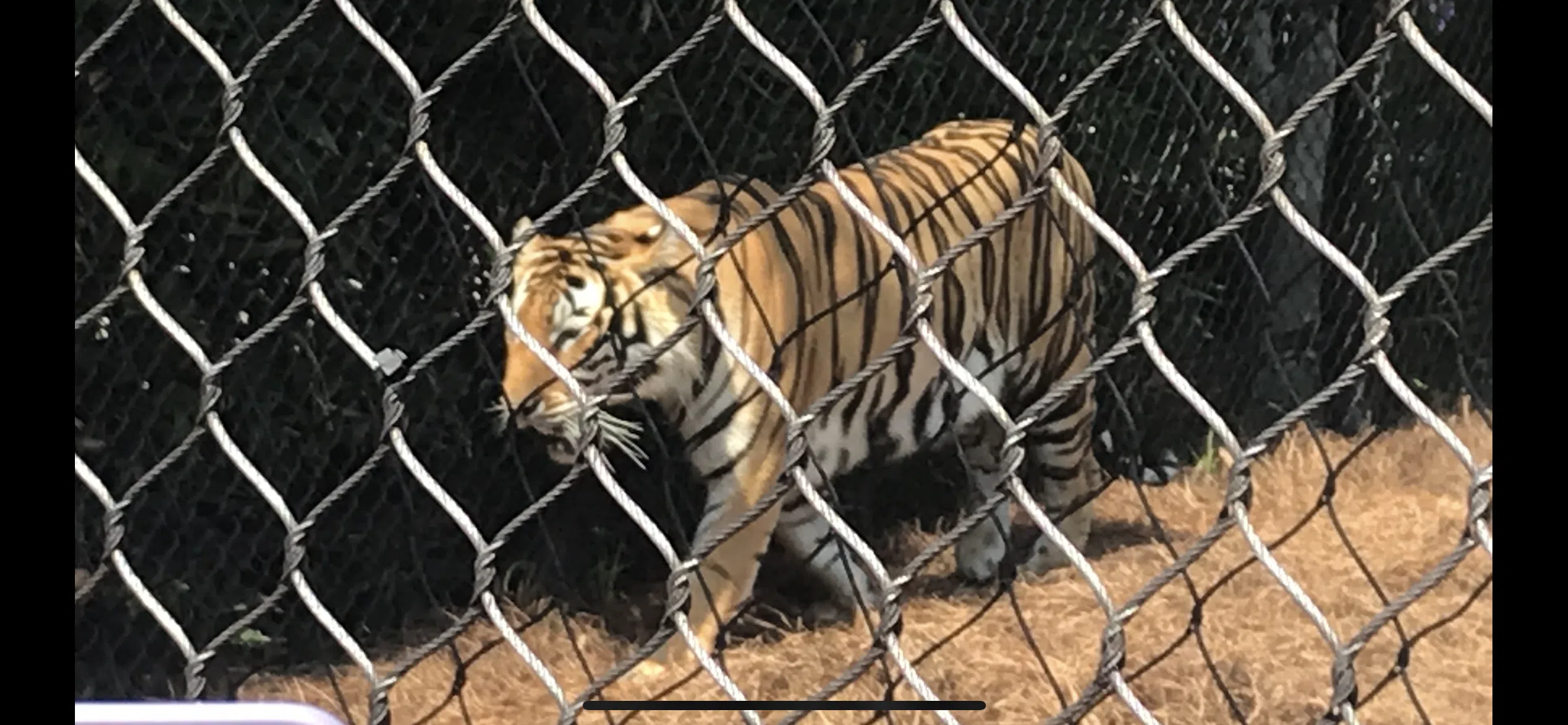
People for the Ethical Treatment of Animals has issued a strongly-worded letter to Gov. Landry following his request that LSU bring back its live mascot, Mike The Tiger, to Death Valley.
LSU officially ended its long-standing tradition in 2017, and the organization says that was the right move.
“LSU was right to abandon the ritual nearly a decade ago, and Mike’s veterinarians are rightfully pushing back on the governor’s frankly absurd plan,” says Klayton Rutherford, manager of research and content of captive animal law enforcement for the PETA Foundation.
Rutherford says tigers naturally uncomfortable with many aspects of a stadium’s pregame hype like lights and fireworks.
“Certainly, it is a terrifying experience for an animal like a tiger,” says Rutherford. “They’re naturally solitary animals who shun human contact.”
LSU has already responded to Landry, saying it has no plans to bring the live mascot back to Death Valley anytime soon.
“I’m sure (Landry’s) focus is on bringing back the tradition, but tradition is never an excuse for cruelty,” Rutherford says. “A football stadium is no place for a tiger, and PETA is calling on Landry to stick to his day job and keep his bad ideas to himself.”
PETA’s letter to Landry is as follows:
September 4, 2024
The Honorable Jeff Landry
Governor of LouisianaDear Governor Landry,
I’m writing on behalf of PETA in response to troubling reports that you are pressuring Louisiana State University (LSU) to reintroduce its dangerous and cruel tradition of bringing Mike, a live tiger, to football games. PETA hopes that you will carefully consider the impacts such a stunt would have on Mike’s welfare and abandon this misguided idea.
A football stadium is no place for a tiger, a naturally solitary animal who shuns human contact. As LSU’s own veterinarians reportedly expressed to you, and as Rep. Wayne McMahen—himself a veterinarian—stated, bringing Mike to football games would be inherently stressful and could have severe implications for his health. LSU abandoned this tradition nearly a decade ago, in part due to Mike VI’s reactions to the barrage of disorienting lights and noise of Death Valley.
In the years since LSU stopped bringing live tigers to football games, the tide of public opinion has shifted away from exploiting animals for entertainment. Tiger King exposed the dark underbelly of the captive big-cat industry and galvanized momentum for the passage of the federal Big Cat Public Safety Act, which outlaws public contact with big cats. The public—including LSU football fans—recognizes that confining a tiger to a cramped transport cage and parading him in front of a boisterous crowd is a throwback to a crueler era, one that needs to remain in the history books.
Bringing back this archaic tradition would generate attention to LSU and the state of Louisiana for all the wrong reasons, and PETA strongly urges you to reconsider. I hope to hear from you as soon as possible that you have taken Mike’s welfare into consideration and will abandon this plan. Otherwise, PETA will have no choice but to alert its supporters to your out-of-touch proposal.
Very truly yours,
Klayton Rutherford
Manager of Research and Content
Captive Animal Law Enforcement







Comments